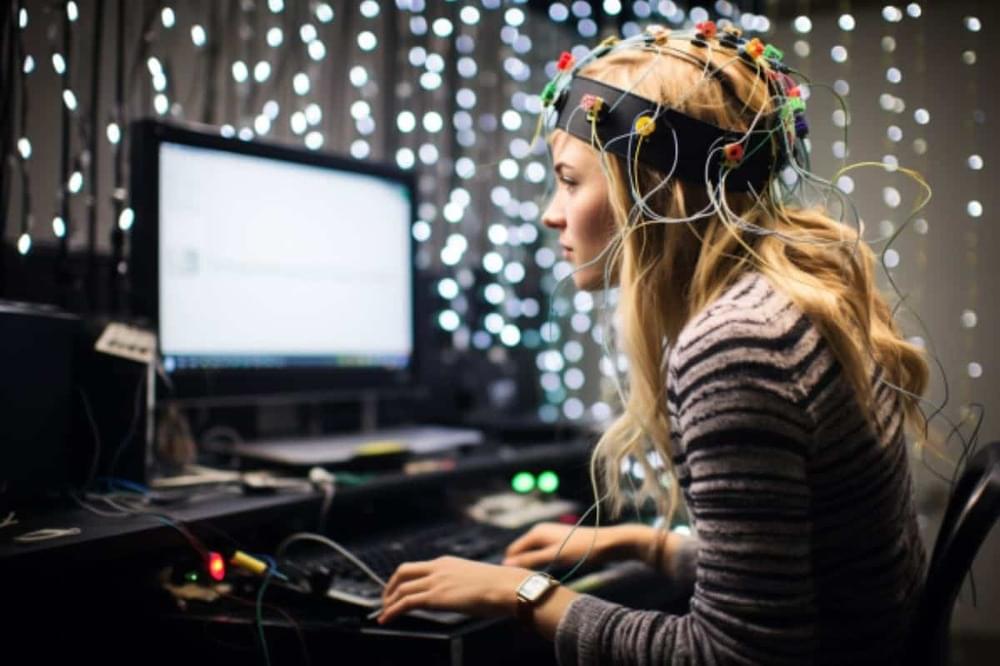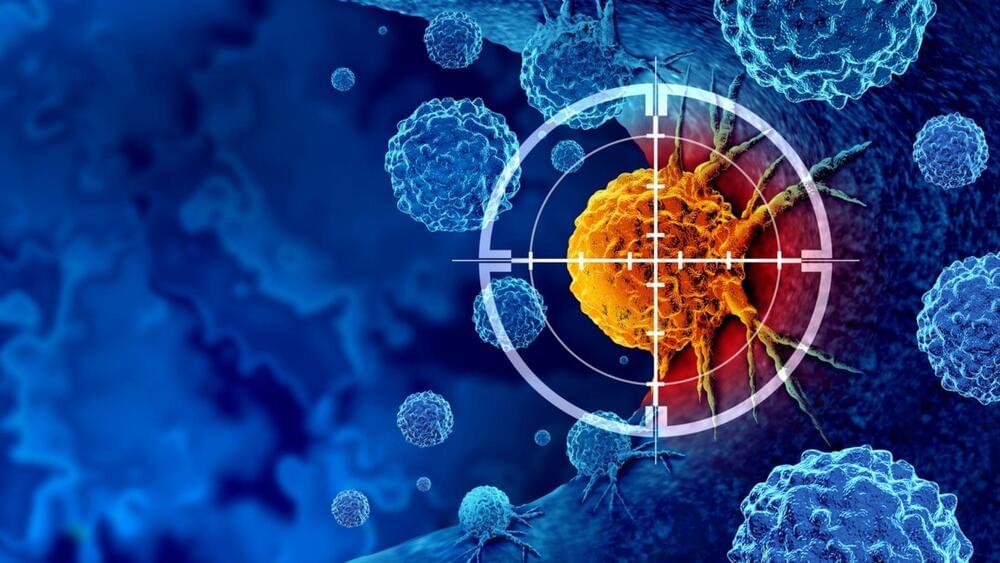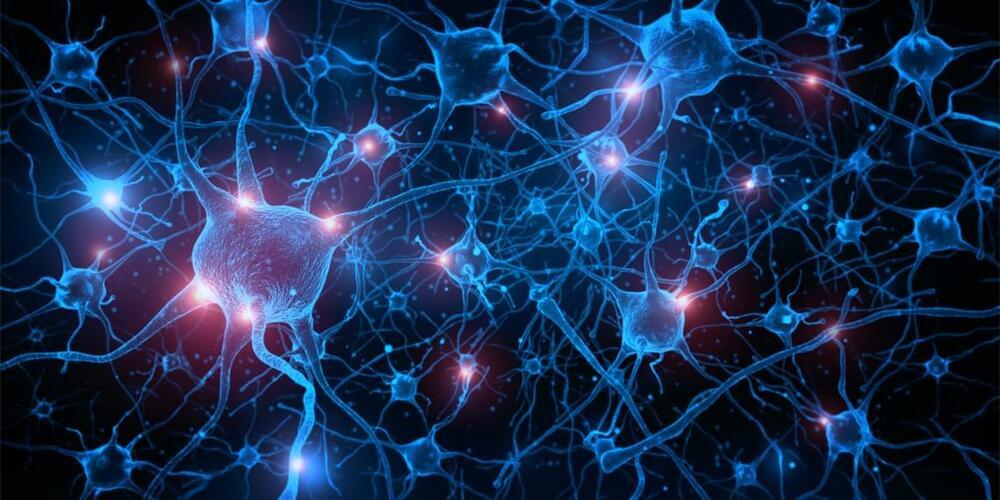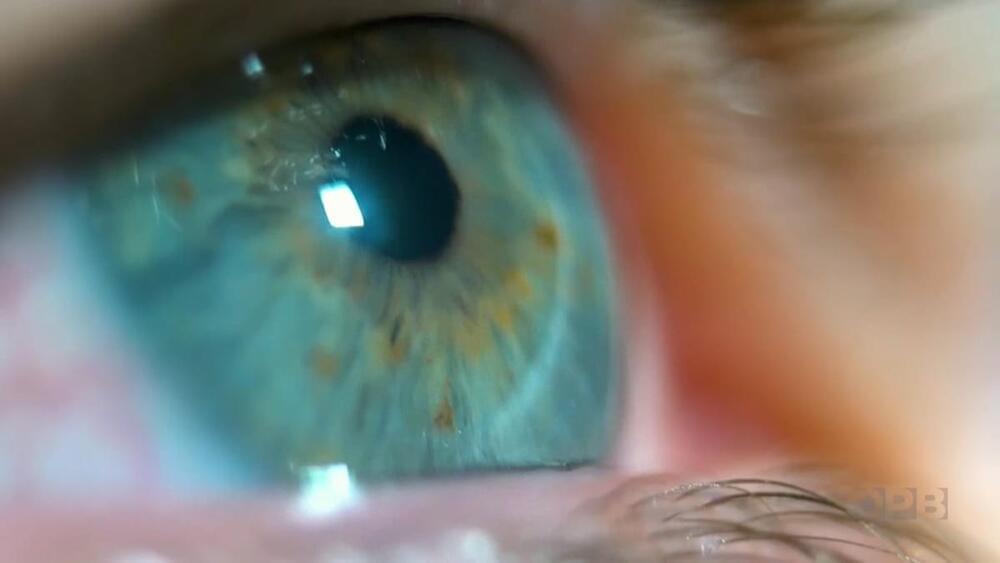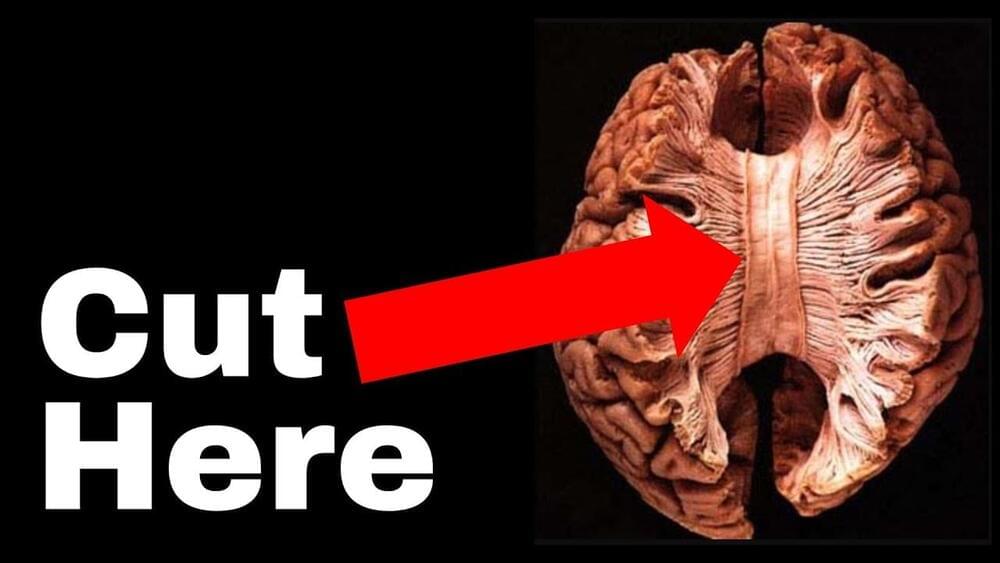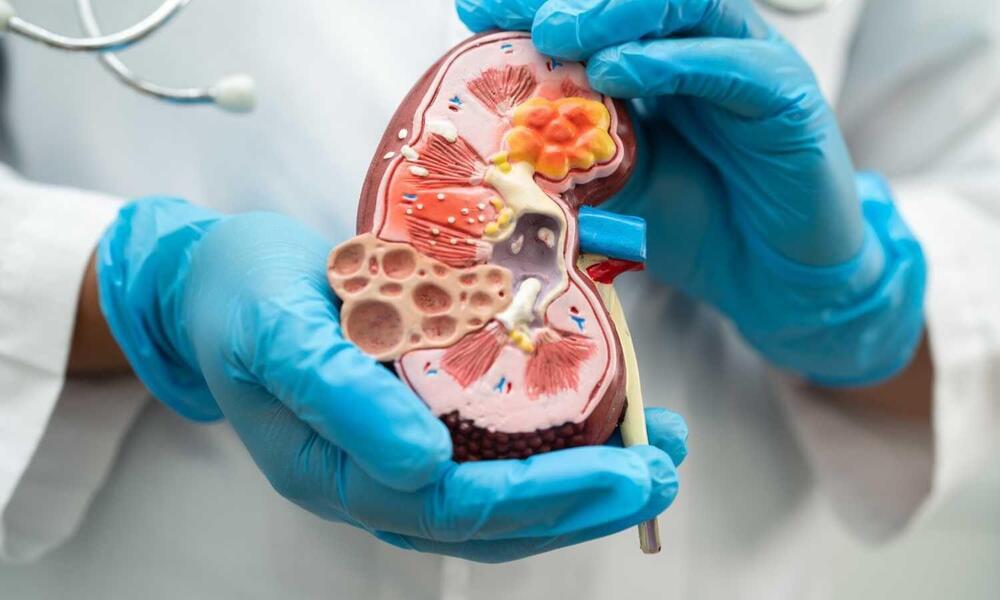Sep 15, 2023
Detecting Depression: A 1-Minute EEG Test Reveals Mood Shifts
Posted by Chima Wisdom in categories: futurism, neuroscience
Summary: Depression, a challenging condition to diagnose early, may now be detected more promptly using a simple 1-minute Electroencephalogram (EEG) test at home.
This study revealed a relationship between EEG results and the severity of participants’ depressive moods over several weeks. Phase resetting, where brain waves from different regions synchronize, correlated with mood intensity.
The discovery could revolutionize early depression detection and future treatments.
